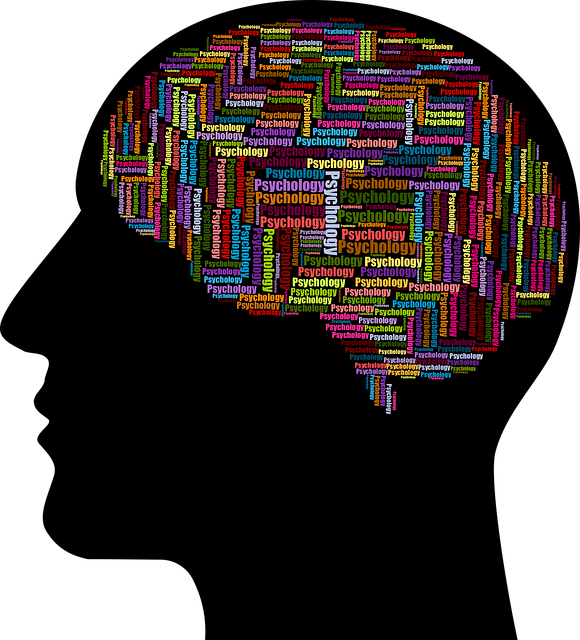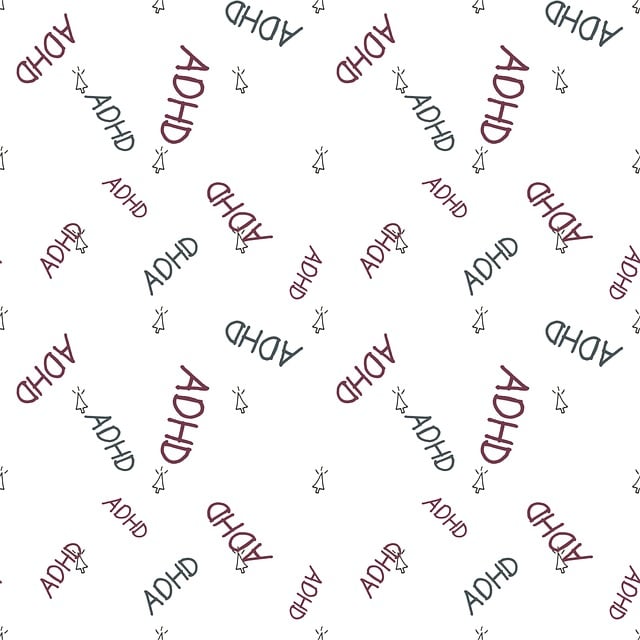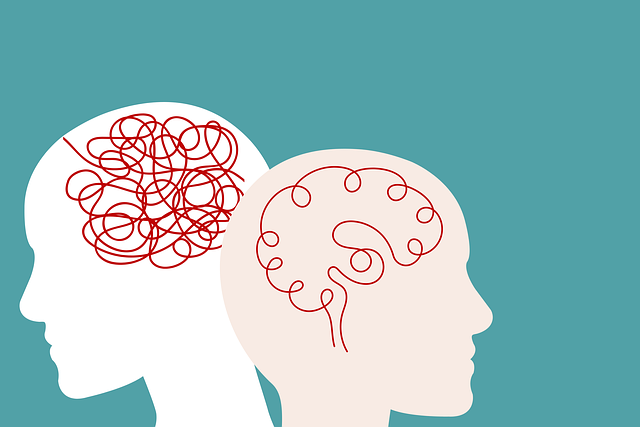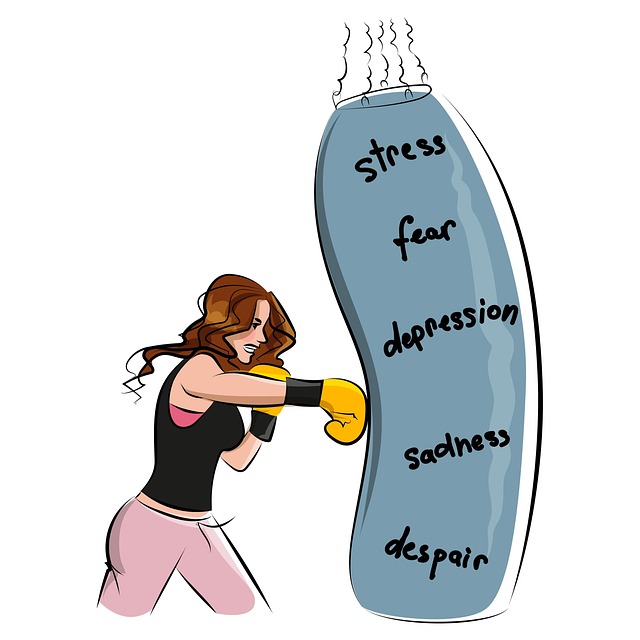Westminster EMDR Therapy, combining eye movement techniques with structured coaching, offers powerful trauma resolution and emotional healing. Integrating this approach into personalized mental wellness curricula, alongside CBT and mindfulness, equips individuals to build resilience, manage stress, and cultivate positive well-being through interactive learning, group discussions, and reflective exercises. Regular training ensures coaches provide best-practice support tailored to individual client needs.
Mental wellness coaching programs are gaining traction as effective tools for personal growth. This article explores the integration of Westminster EMDR Therapy, a well-established approach, into these programs. We delve into understanding the fundamentals of Westminster EMDR Therapy and its potential to enhance coaching effectiveness. Additionally, we discuss designing curricula, implementation strategies, and continuous improvement techniques for creating impactful mental wellness coaching programs that leverage this powerful therapy.
- Understanding Westminster EMDR Therapy: A Foundation for Coaching Programs
- Designing Effective Mental Wellness Coaching Curricula
- Implementation and Continuous Improvement Strategies for EMDR-Incorporated Coaching
Understanding Westminster EMDR Therapy: A Foundation for Coaching Programs

Westminster EMDR Therapy is a highly effective approach that has gained recognition in the field of mental wellness coaching. This therapy technique, short for Eye Movement Desensitization and Reprocessing, facilitates the healing process for individuals struggling with trauma and its associated symptoms. By utilizing specific eye movements or other bilateral stimulation methods, Westminster EMDR Therapy helps clients process and resolve distressing memories, beliefs, and emotions.
The foundation of this therapeutic approach lies in its ability to tap into the client’s inner strength development by helping them reprocess traumatic experiences. Through a structured process, coaching programs can guide individuals to develop coping skills and enhance their emotional resilience. Furthermore, Westminster EMDR Therapy encourages the exploration of communication strategies, enabling clients to express themselves more effectively and foster healthier relationships.
Designing Effective Mental Wellness Coaching Curricula

Designing effective mental wellness coaching curricula involves integrating diverse techniques tailored to individual needs and preferences. Programs should incorporate evidence-based practices like Westminster EMDR Therapy, which has shown promise in treating trauma and enhancing emotional well-being promotion techniques. By combining cognitive behavioral therapy, mindfulness exercises, and other holistic approaches, coaches can facilitate a comprehensive Mind Over Matter principles-based curriculum.
This approach ensures that participants not only gain tools for managing stress but also learn to cultivate resilience and foster positive mental wellness coaching programs development. Customizing the curriculum to align with cultural sensitivity and personal growth objectives is key. Incorporating interactive activities, group discussions, and reflective exercises allows for a dynamic learning environment where individuals can explore their unique emotional landscapes and build coping strategies that resonate with them.
Implementation and Continuous Improvement Strategies for EMDR-Incorporated Coaching

The implementation of EMDR (Eye Movement Desensitization and Reprocessing) therapy within coaching programs offers a powerful approach to enhancing mental wellness. Coaches can integrate this technique, originally designed for trauma treatment, into their sessions to help clients process challenging experiences and emotions effectively. By combining the structured nature of coaching with EMDR’s ability to facilitate healing, practitioners in Westminster EMDR therapy can create a unique and impactful support system. Regular training and supervision are essential strategies for continuous improvement, ensuring coaches stay updated with the latest research and best practices. This ongoing learning fosters adaptability, enabling coaches to tailor their approach to individual client needs.
Moreover, incorporating mindfulness meditation and resilience-building exercises alongside EMDR can further enrich the coaching experience. A Mental Wellness Podcast Series Production featuring these techniques can provide additional resources for clients between sessions, promoting self-care and emotional regulation. With consistent practice, clients can develop enhanced coping mechanisms, leading to improved mental wellness outcomes. This comprehensive approach ensures that coaches offer not just guidance but a holistic framework for their clients’ long-term well-being.
Westminster EMDR Therapy provides a powerful framework for developing comprehensive mental wellness coaching programs. By integrating this therapeutic approach, coaches can offer clients effective tools for emotional healing and personal growth. The strategies outlined in this article, from understanding the therapy’s foundations to designing curricula and implementing continuous improvement, empower coaches to create impactful programs that enhance clients’ mental well-being. With dedicated training and a structured curriculum, mental wellness coaching incorporating Westminster EMDR Therapy has the potential to be a transformative game-changer in the field of personal development.













